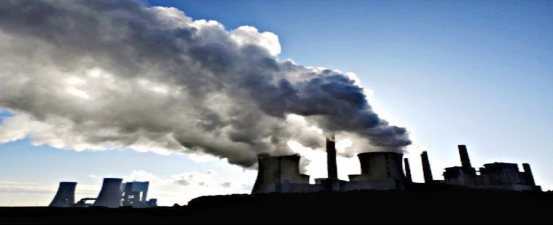×
The Standard e-Paper
Fearless, Trusted News
 |
FRANCE: As the Kenyan Government spends billions of Shillings in exploration of coal, the World Bank has warned that carbon emitters will pay hefty taxes for it in the next 20 years.
The Government intends to start a coal project in Lamu in September this year, as it continues exploration of coal deposits that began in March this year in Kwale, Taita Taveta and Kilifi counties.